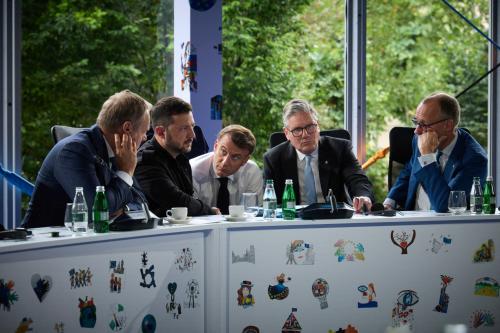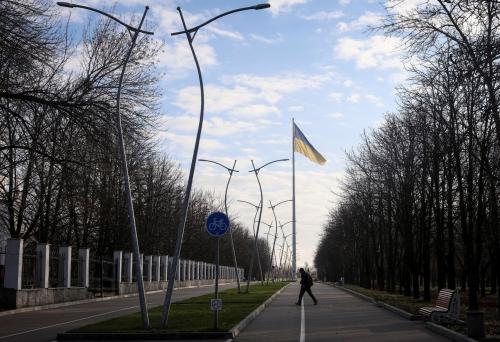After about six months of forced detention in the Democratic People’s Republic of Korea (DPRK), Jeffrey Fowle, 56, was released to the United States on October 21, 2014. Another surprise action by North Koreans in a series of surprises in the last few months. No missile-testing but rather, testing engagement?
Mr. Fowle had been arrested in May while visiting the DPRK for allegedly leaving a Bible at a hotel or restaurant. He was one of three American citizens involuntarily held in North Korea. Kenneth Bae, a missionary, age 46, has been stuck in North Korea for almost two years. He has been imprisoned after undergoing a North Korean trial. The youngest, Matthew Miller, 24, was sentenced a month ago to six years in prison for alleged espionage and intent to defame the Pyongyang regime. Miller allegedly wanted to experience prison life in order to reveal North Korea’s human rights violations. Videotapes of him asking for his government’s help and expressing disappointment in his country and president have been aired publicly.
Why has Mr. Fowle alone been released?
- He was the only one of the three detained who had not been tried and sentenced. So Pyongyang can’t claim that he was culpable of crimes against the state or the people and is releasing a guilty man. Therefore, letting him go is a “cleaner” bit of business than constructing new legal narratives to release the two who already have been found guilty.
- Mr. Fowle is the oldest of the three and the last to enter the DPRK.
- Jeffrey Fowle also comes from a humble background, one that fits the ideological status categories of the DPRK: a laborer. Back home in Ohio, he was a road-maintenance worker.
Is the DPRK turning over new leaves- toward friendlier diplomacy?
- Let’s wait and see. There are two other Americans in prison enduring harsh labor and illness (Kenneth Bae is very ill and goes back and forth from prison and labor camps to hospitals). If the DPRK wants to engage the U.S., releasing the other two prisoners is imperative. The U.S. government cannot and should not enter into serious diplomacy with Pyongyang while two of its citizens are wasting away without any proof that they should have been detained in the first place.
- But Pyongyang is on the right path: If it wants Washington to consider a new round of diplomatic engagement, letting Mr. Fowle go back to the U.S. is definitely the right move.
- Behind-the-scenes diplomacy must be given credit:The Swedish Embassy in Pyongyang, which represents U.S. interests in the DPRK, the “new explorers” (of the world outside) within the Kim Jong Un regime, and the U.S. government as a whole have been working hard at quiet negotiations.
If we look at the release of Jeffrey Fowle in the context of more upfront and personable moves by DPRK officials to initiate new diplomatic encounters, if not relationships, in recent months—e.g., high-level visits to Europe, United Nations General Assembly, constructive negotiations with Japan on abductees, surprise diplomacy to South Korea at the Incheon games, and soon-to-come diplomatic visits to countries in the Middle East and Africa— yes, this latest positive move can be interpreted as a step toward improved relations with as many countries as the North Korean net can catch. The United States, of course, would be the biggest fish to catch.
The Brookings Institution is committed to quality, independence, and impact.
We are supported by a diverse array of funders. In line with our values and policies, each Brookings publication represents the sole views of its author(s).


Commentary
From North Korean Captivity to Freedom: Jeffrey Fowle
October 22, 2014